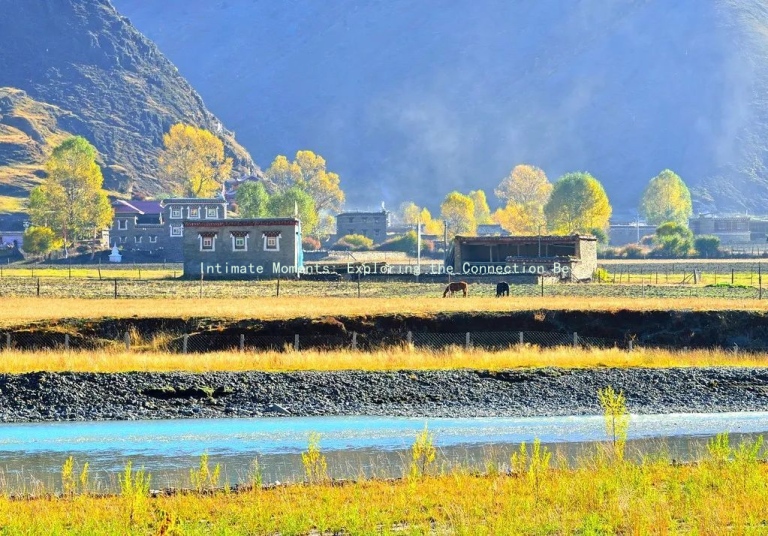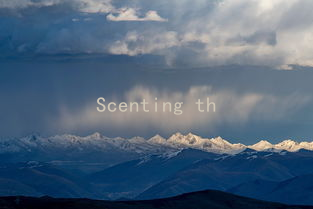Cultural Adaptation in Love: Enhancing Your Sexual Connection
Cultural Adaptation in Love: Enhancing Your Sexual Connection
In todays globalized world, relationships often cross cultural boundaries, bringing together individuals from diverse backgrounds and experiences. As couples navigate the complexities of love, one crucial aspect that often requires attention is the sexual connection. Understanding and adapting to cultural differences can significantly enhance intimacy and strengthen the bond between partners.
The first step in enhancing your sexual connection is to embrace open communication. This involves discussing not only your desires and preferences but also acknowledging the cultural backgrounds that shape them. For instance, in some cultures, sexuality may be a taboo subject, while in others, it is celebrated openly. By creating a safe and respectful space for dialogue, partners can gain insights into each other’s views and expectations regarding intimacy.
Another essential aspect of cultural adaptation is awareness of different understandings of romance and affection. In certain cultures, expressions of love are deeply linked to cultural traditions and practices. Couples should explore and share their unique cultural expressions, whether it be through physical touch, verbal affirmations, or acts of service. By learning to appreciate and incorporate these diverse forms of affection, partners can cultivate a richer sexual experience.
It’s also important to recognize that cultural differences can influence sexual norms and expectations. Partners may have varying views on topics such as consent, sexual roles, and the significance of sexual activity within a relationship. Understanding these perspectives can help couples navigate potential conflicts and misunderstandings. Taking the time to educate yourselves about each other’s backgrounds fosters empathy, allowing both partners to feel valued and respected.

Moreover, engaging in shared cultural experiences can be an effective way to bridge gaps and enhance intimacy. This could involve participating in each other’s cultural practices, attending festivals, or even cooking traditional dishes together. These activities not only create opportunities for connection but also deepen the understanding of one another’s cultural context, enriching the sexual dynamic.
In the context of sexual health and safety, cultural adaptation plays a crucial role as well. Partners from different backgrounds may have different levels of awareness or practices surrounding sexual health. It is essential to approach this topic with sensitivity and non-judgment. Discussing sexual health openly can foster trust and ensure that both partners feel safe and comfortable within the sexual relationship.
Finally, patience and flexibility are key virtues in any intercultural relationship. As couples learn to adapt to each other’s cultural nuances, there will inevitably be challenges along the way. It is important to approach these challenges with a spirit of collaboration, viewing them as opportunities for growth rather than obstacles. By remaining open-minded and willing to compromise, couples can create a harmonious sexual connection that honors both partners’ cultural backgrounds.
In conclusion, enhancing your sexual connection through cultural adaptation requires intentional communication, mutual respect, and a willingness to explore the rich tapestry of each partner’s cultural identity. By embracing diversity and fostering understanding, couples can build a profound and fulfilling sexual connection that not only celebrates their differences but also strengthens their bond as partners in love.





